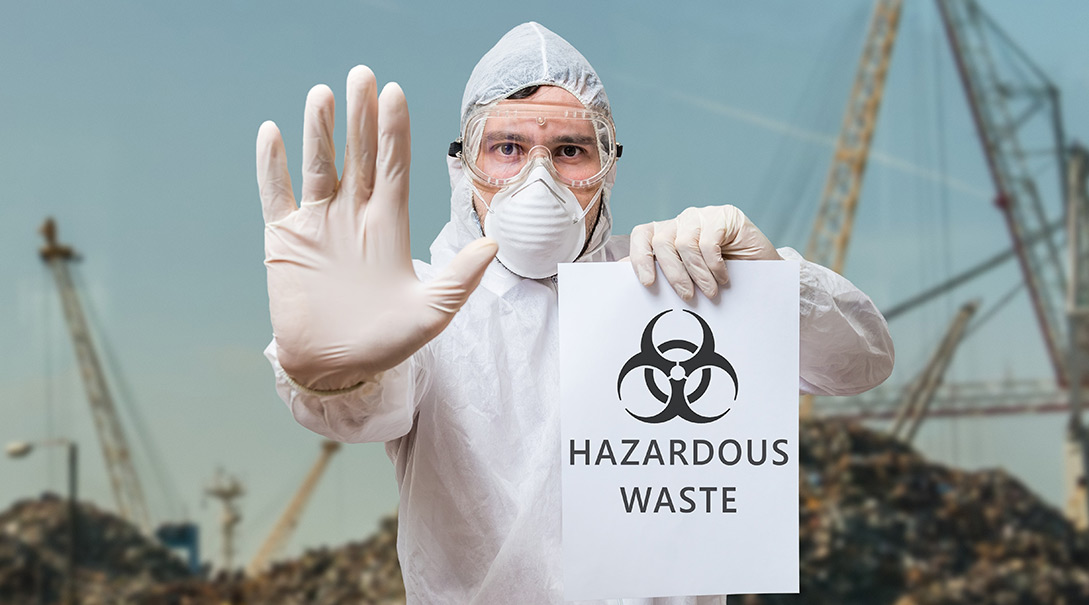
In the dynamic landscape of scientific research and medical advancements, laboratories play a pivotal role in pushing the boundaries of knowledge. However, with great progress comes the responsibility to manage the byproducts of research responsibly, particularly biohazardous waste. This article delves into the importance of biohazard waste regulations and how embracing these regulations is not just a commitment to safety but also a stride towards a safer and more sustainable world.
The Imperative of Biohazard Waste Regulations
Biohazard waste, often originating from laboratories, medical facilities, and research institutions, requires specialized handling due to its potential risks to human health and the environment. Biohazard waste regulations have been established to mitigate these risks and ensure the safe disposal of materials that may contain infectious agents, toxins, or other hazardous substances.
Understanding Biohazard Waste Regulations
Biohazard waste regulations cover a broad spectrum of guidelines, from the identification and segregation of biohazardous materials to their safe transportation, treatment, and final disposal. Compliance with these regulations is not only a legal obligation but a moral duty to protect laboratory workers, the community, and the environment from potential harm.
Safe Labs, Safe Practices: Implementing Biohazard Waste Regulations
Laboratories must be proactive in implementing biohazard waste regulations from the point of generation. Proper identification, labeling, and segregation of biohazardous materials are crucial initial steps to ensure safe handling. This requires comprehensive training programs for laboratory personnel to instill a culture of compliance with regulations.
Incorporating Biohazard Waste Regulations into Laboratory Culture
Embracing biohazard waste regulations involves integrating compliance into the daily practices of laboratories. This includes adopting eco-friendly disposal methods, using approved containers, and maintaining meticulous records of waste generation. Regular audits and assessments are essential to identify areas for improvement and ensure that laboratories consistently meet or exceed regulatory standards.
From Lab to Disposal: Navigating the Regulatory Landscape
Biohazard waste regulations extend beyond the laboratory setting to cover the transportation and storage of these materials. Compliance measures during transportation include secure packaof biohazard waste regulations ging, proper labeling, and adherence to manifest requirements. Storage facilities must adhere to guidelines to prevent unauthorized access and potential environmental contamination.
Biohazard Waste Regulations in Transit and Storage
During transportation, laboratories must ensure that biohazardous materials are securely packaged to prevent spills or leaks. Compliance measures also include proper documentation, route planning, and emergency response procedures. Storage facilities must maintain strict protocols to prevent any compromise of biohazardous materials' integrity.
Safe Disposal: The Final Step in Compliance
The journey of biohazard waste concludes at treatment and disposal facilities. Compliance with regulations ensures the safe neutralization or disposal of biohazardous materials. This phase requires obtaining necessary permits, approvals, and regular inspections, emphasizing the importance of transparency and accountability.
Continuous Compliance for a Sustainable Future
Biohazard waste regulations are dynamic, evolving to address emerging challenges in laboratory practices and environmental concerns. Laboratories must stay informed about updates in regulations and proactively incorporate changes into their waste management practices. By doing so, laboratories not only meet legal obligations but also contribute to a safer and more sustainable future.
Adopting and embracing biohazard waste regulations is not just about compliance; it is about a commitment to safety, environmental stewardship, and responsible scientific practices. Safe labs contribute to a safe Earth, and through rigorous adherence to biohazard waste regulations, laboratories become guardians of health, ensuring that the pursuit of knowledge does not compromise the well-being of people or the planet.





